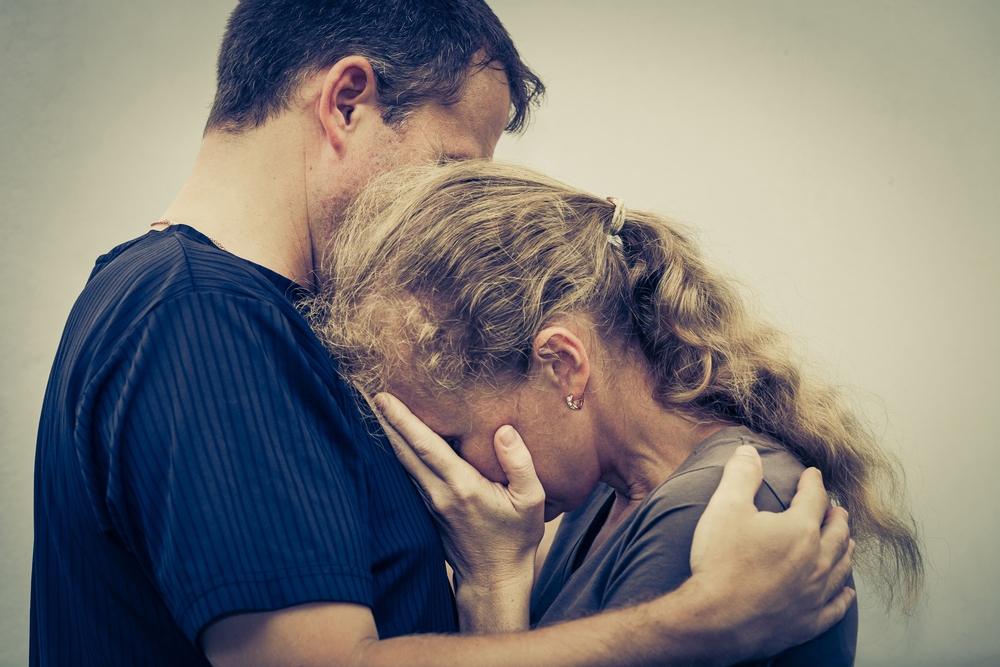If you’re living with a loved one who has become addicted to drugs or alcohol, you may have heard someone like your therapist or counselor refer to addiction as a “family disease.” Why is that the case, and how does that affect your family member’s goal of successfully reaching long-term sobriety?
Understanding Addiction as a Family Disease
The problems of addiction don’t begin and end with the addicted person. They have a ripple effect that eventually takes a toll on every aspect of a drug or alcohol user’s life, including their family members. Living with a loved one who is chronically misusing drugs or alcohol can be extremely stressful, and can negatively impact family members’ mental and physical health, including causing symptoms of depression and anxiety.
What Is Codependency?
Codependency is another significant issue with addicts and their families. It is a highly toxic situation in which family members feel responsible for the actions of their loved ones. In the mistaken belief that they are helping, codependent family members may lend their addicted loved one money or supply them with more drugs, enabling their unhealthy behaviors further. Long-term codependency gradually results in resentment or anger among family members, eroding a healthy family dynamic.
What Can You Do to Help Heal Your Family?
If your loved one’s addiction has led to dysfunctional relationships and a lack of honesty and trust in your family, you may recognize you are dealing with a family disease that is affecting your ability to live a healthy life. Taking the necessary steps to heal your family starts with getting your loved one the help they need to recover from substance abuse and start their lives over.
At New Found Life, we have made family programming a pillar of our holistic approach to addiction recovery in Long Beach, CA, because we believe having a strong family support network is essential to successful long-term freedom from the heavy burden of addiction. We offer family education on relapse prevention, recovery and substance abuse, along with individual and group counseling, as part of our family program.
Though addiction is a chronic disease, having a thorough appreciation of the nature of this illness and its far-reaching effects can equip you to better understand what your loved one is going through and give you the tools to approach their recovery in a constructive way.

